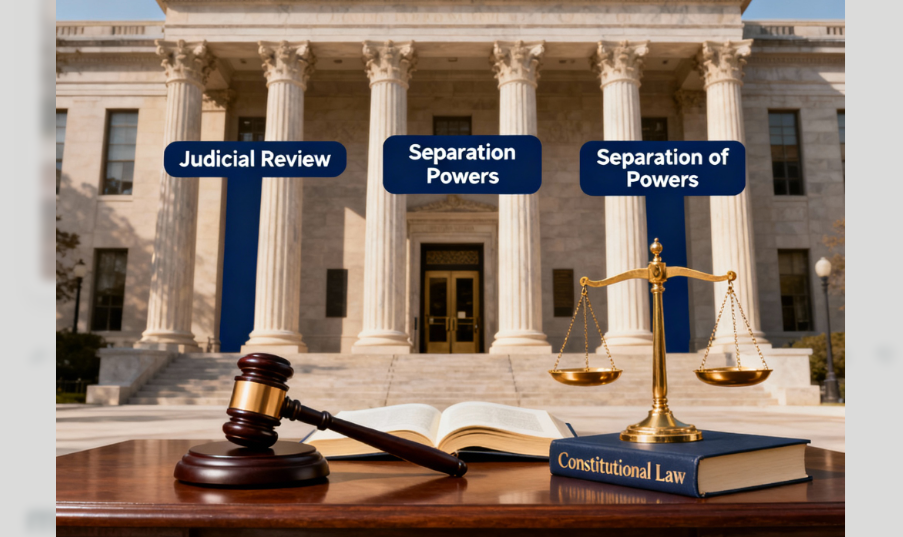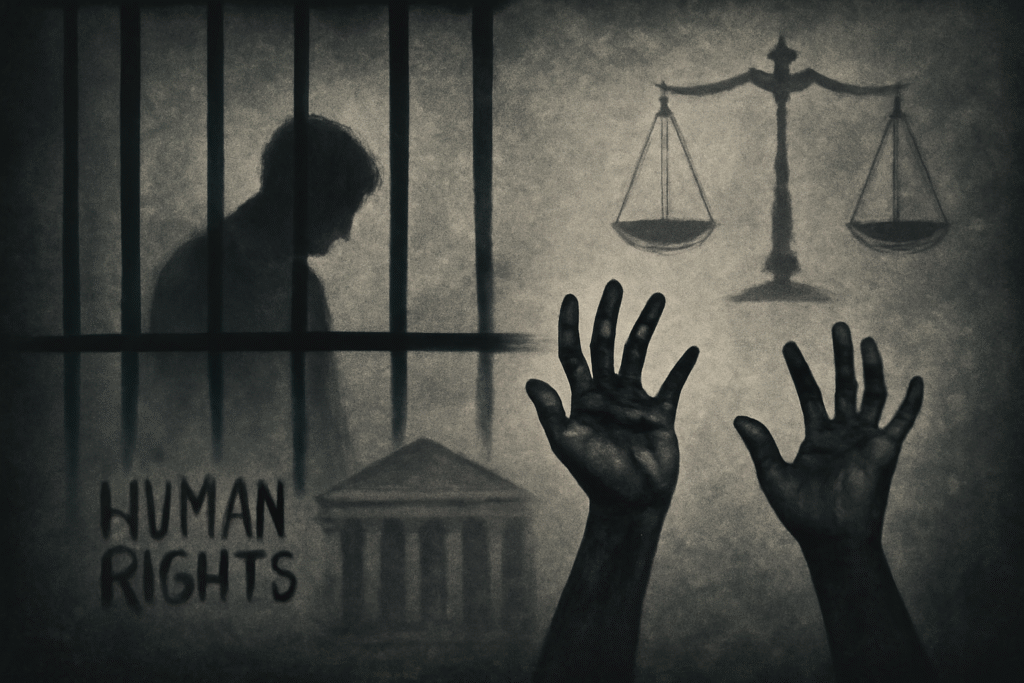Published On: 13th January, 2023
ABSTRACT:
- This article navigates the complex terrain of digital security and addresses potential cybersecurity threats, Exploring the challenges posed by evolving threats and the regulatory frameworks designed to safeguard sensitive information. This discussion unveils against the backdrop of high-profile data breaches, cyber-attacks, and the daily development of the AI influence. Hence, by analyzing a few legal cases and some key regulations, this article aims to unravel the complex web of online privacy and cybersecurity.
INTRODUCTION:
- As “cyberspace” must become central to the global information and communication infrastructure, the security of cyberspace has now become a more urgent priority for corporations and governments around the world. The digital landscape has transformed the way individuals and organizations interact in the era of unparalleled connectivity. The increase in reliance on the digital platform gave rise to great concerns regarding online privacy and cybersecurity.
- Individuals and organizations are at risk of exposure to unauthorized and even illegal actions through digital networks. Consequently, this article aims to provide a comprehensive understanding of the crucial role of regulations in online privacy and cybersecurity.
ONLINE PRIVACY AND CYBERSECURITY
- When we state Privacy, the definition incorporates a crucial element which is: “the state of being alone and not being watched. Online privacy is the protection of individual personal information and data while logging on to the internet. It involves maintaining control over the information shared online with third parties and how they can use it. It could be said that it is nearly impossible to control what data of ours gets collected, who has access to it, or how. It is being used. Even though there are organizations and the government that are constantly taking steps to improve control, it is ultimately up to the individuals to try and preserve their privacy online.
- Online privacy is no longer a simple expectation but a legal right. Analyzing the privacy laws as in the General Data Protection Regulation [GDRP] enumerates the global efforts to empower individuals and organizations with control over their data.
- Cybersecurity refers to protecting or recovering computer systems, and networks from cyberattacks. This aims to protect individuals and organizations, sensitive data, and financial assets, or interruptions caused in business processes. Cybersecurity is crucial considering the increase in the number of users, and devices in the modern enterprise. The legal framework surrounding cybersecurity is a mosaic of international, national, and industry-specific regulations such as the Cybersecurity Information Sharing Act [CISA].
CHALLENGES:
- Evolving Threat- when looking into the future, there are always new threats and attack methods that are emerging constantly, hence it is crucial for all individuals and organizations to stray far from these emerging threats to protect themselves.
- An example could be taken from the case of the Equifax data breach [2017] where highly sophisticated cybercriminals exploited Equifax’s system which potentially affected 143 million people whose names, addresses, dates of birth, Social Security numbers, and driver license numbers were exposed. This surges the need for a robust cybersecurity measure to protect against such acts.[1]
- Technological Advancements- The frequency and complexity of cyber threats are increasing constantly. It is necessary for all individuals and organizations to stay up to date on the latest cybersecurity technology to combat these threats and safeguard sensitive data.
- An example could be stated from the case of Cambridge Analytical Scandal where the company had utilized around 50 million Facebook profiles to do their modeling. This case underlines the importance of regulating the use of personal data.[2]
- Privacy concerns- when organizations collect sensitive data from their users, securing the data should be their top priority. These concerns revolve around the collection, storage, and sharing of personal data which intersect with issues of surveillance, data breach, and misuse of information.
- This could be enunciated from the case of Carpenter v. United States, it was in this case where the U.S Supreme Court fought with the privacy implications of warrantless location tracking by law enforcement through cell phone records, this led to the development of a legal framework that balances individual privacy right with law enforcement.[3]
REGULATORY FRAMEWORKS:
- The Information Technology Act, 2000
- This Act was enacted by the Parliament of India and administered by the Indian Computer Emergency Response Team to guide cybersecurity legislation and govern cybercrime. India uses unitary cybersecurity law.
- For example, in Section 43A, where a body corporate, dealing with any sensitive personal data is negligent in maintaining reasonable security practices and procedures and thereby causes wrongful loss to any person, such body corporate shall be liable to pay damages[4]
- Information Technology [Amendment] Act 2008
- These amendments helped improve the original bill which updated and redefined the terms by expanding the definition of cybercrimes and validation of electronic signatures. This Act applies to any individuals, company, or organization that uses computer resources which has over nine chapters and 117 sections.
- Information Technology Rules, 2011
- This rule aims to protect personal data which is collected by an individual or a person who is involved in commercial or professional activities. The most significant amendments include provisions for regulating intermediaries, violation fees for cybercrime, cheating, and other restrictions.
- National Cyber Security Policy, 2013
- The goal behind this policy is to create and develop more dynamic policies and to improve the protection of India’s cyber ecosystem. This policy aims to create a robust framework and strategies for minimizing cyber incidents and cyber threats. It encourages organizations to develop cybersecurity policies that align with strategic goals.[5]
- KYC [ Know your customer]
- This has been mandated by the RBI, KYC is the tracking and monitoring of customer’s data security to safeguard against fraud and payment credential theft.
- It requires banks or any other digital payment companies that carry out financial transactions to verify and identify all their customers.
CONCLUSION
Implementing regulations has its challenges which include the understanding of the ever-evolving nature of technology, balancing individual privacy, and ensuring cybersecurity measures. The existing regulations though have had some impacts, but much needs to be done to prevent cases of data breaches and cybersecurity threats. Policymakers and industry actors should work together to find practical solutions. Its enactment could serve as a milestone toward achieving effective cybersecurity and online privacy regulations.
Reference(s):
[1] (Fruhlinger, 2020), Equifax Data Breach[2017]
[2] (Katie Harbath, 2023), History of Cambridge Analytica controversy
[3] (Carpenter vs. United States, 2018)
[4] Section 43A of the IT ACT, 2000
[5] Kyle Chin, ‘Top Cybersecurity Regulations in India’ (UpGuard, 8 September 2023) <www.upguard.com/blog/cybersecurity-regulations-india> accessed 15 December 2023.




